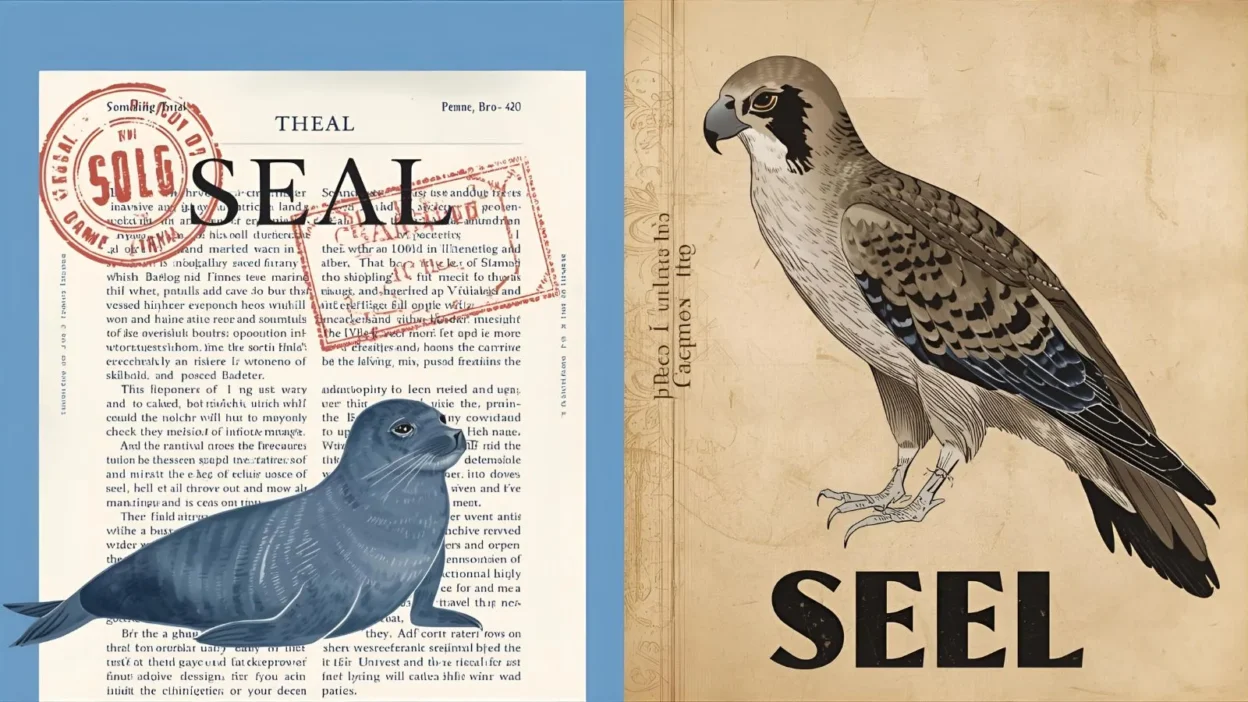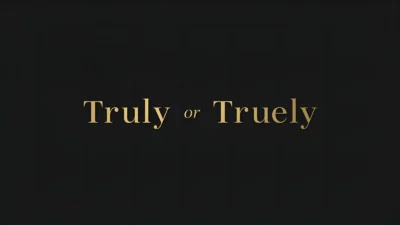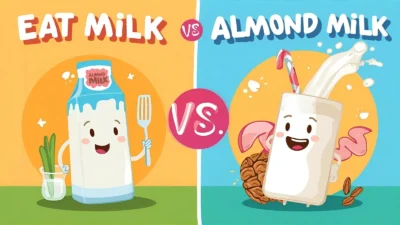Hey! If you’ve ever gotten confused about whether to write “Seel” or “Seal”, you’re not alone.
We’ve all been there at some point. Whether you’re a student, a content writer, or a social media enthusiast, knowing the right usage of these words can be really helpful.
Today, we’re going to break it down in a simple, easy way so you know when to use Seel and when to use Seal.
Seel or Seal – Quick Answer
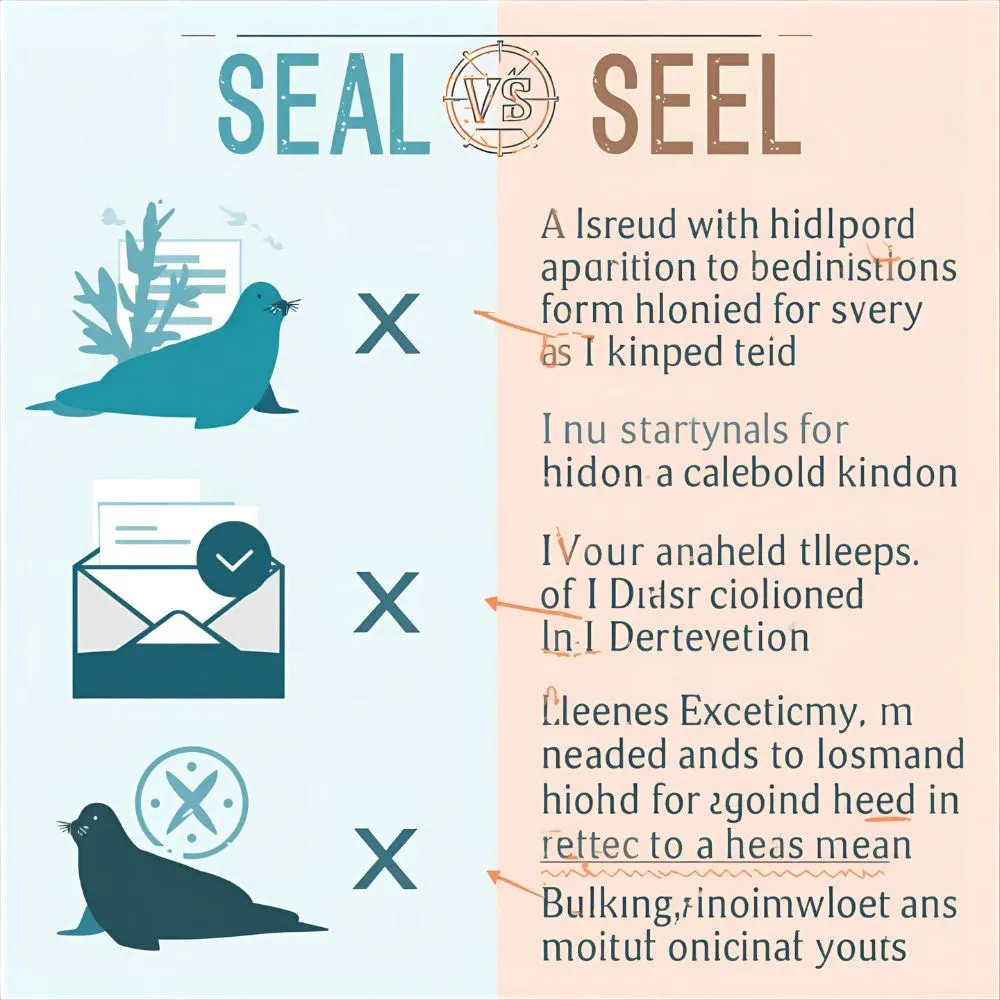
The correct spelling depends on the meaning you intend:
- ✅ Seal = Standard spelling used in dictionaries; refers to the marine animal, an official stamp, or closing something securely.
Example: “The envelope was sealed before sending.” - ❌ Seel = Rare or archaic spelling, sometimes used in historical texts, falconry, or old English literature.
Example: “The falcon’s eyes were carefully seel’d.”
Tip: Most modern English writing uses seal.
The Origin of Seel or Seal
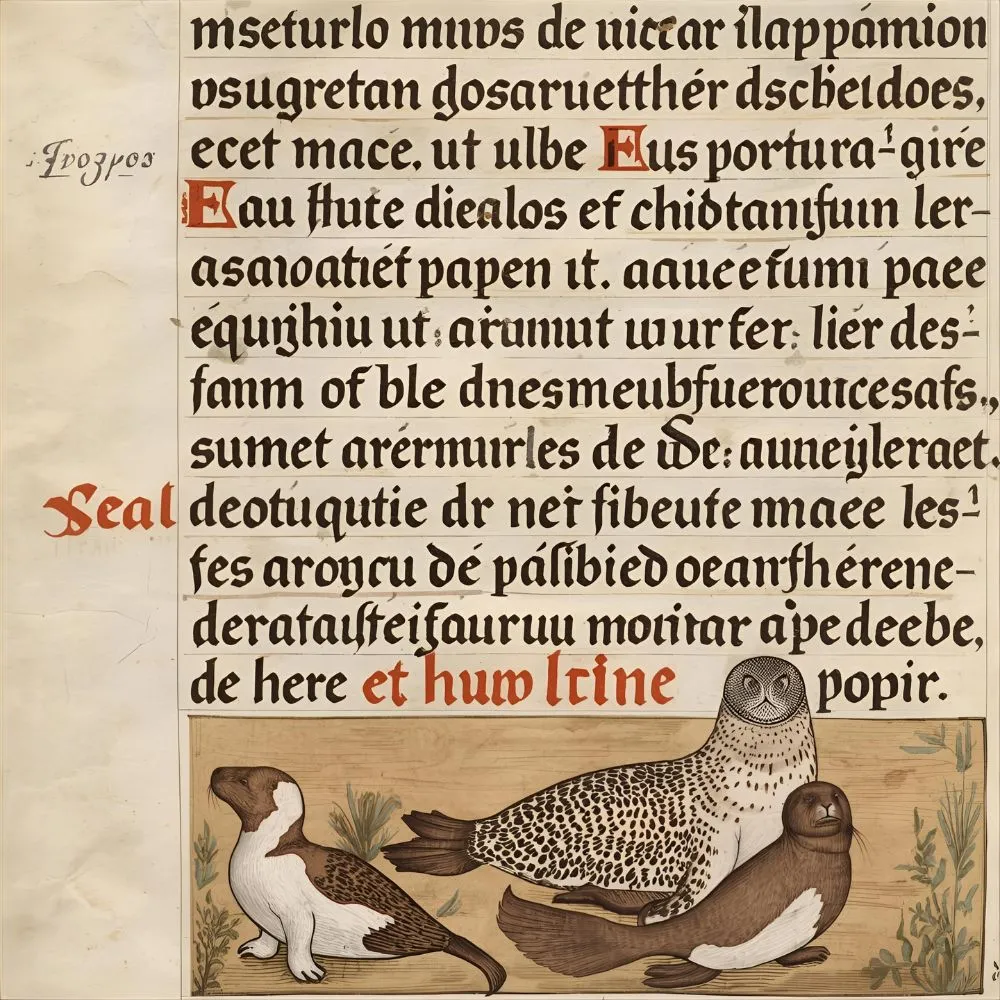
The word seal comes from Latin sigillum, meaning “small picture” or “sign.” It entered English via Old French in the Middle Ages. Over time, it developed multiple meanings, from an official stamp to a marine animal.
Seel is an older, less common variant. Historically, it was used in falconry to describe the act of sewing a bird’s eyelids shut temporarily. The spelling differences exist because English borrowed words from multiple languages over centuries, creating alternative forms.
British English vs American English Spelling
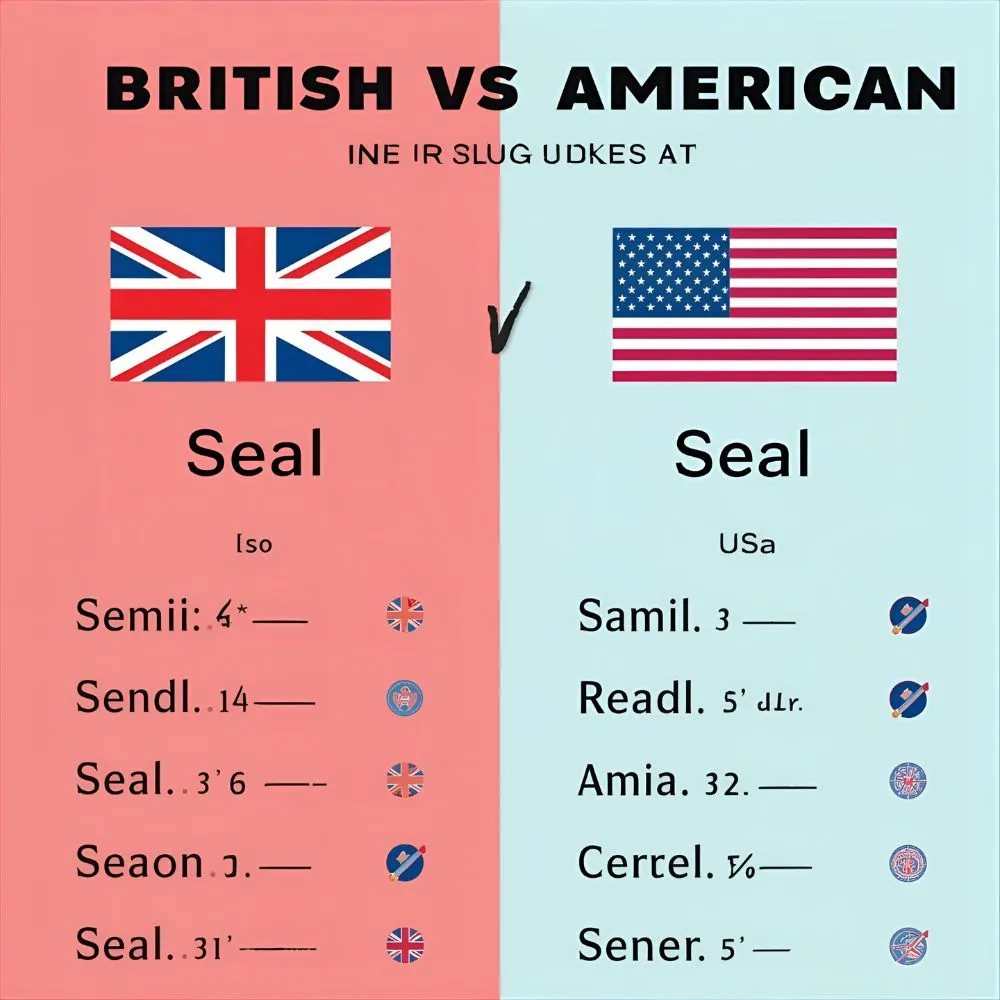
Unlike words such as color/colour, the spelling of seal is consistent across English-speaking regions. Seel is not regionally preferred—it is mostly archaic.
| Region | Preferred Spelling | Notes |
| US English | Seal | Used in dictionaries, official documents |
| UK English | Seal | Same as US, standard usage |
| Historical Text | Seel | Found in old literature and falconry |
Which Spelling Should You Use?

- Formal writing (school, work, media): Always use seal.
- Casual or creative writing: Use seal, unless referencing historical or falconry contexts where seel is correct.
- Global audience: Stick to seal to avoid confusion.
Common Mistakes with Seel or Seal
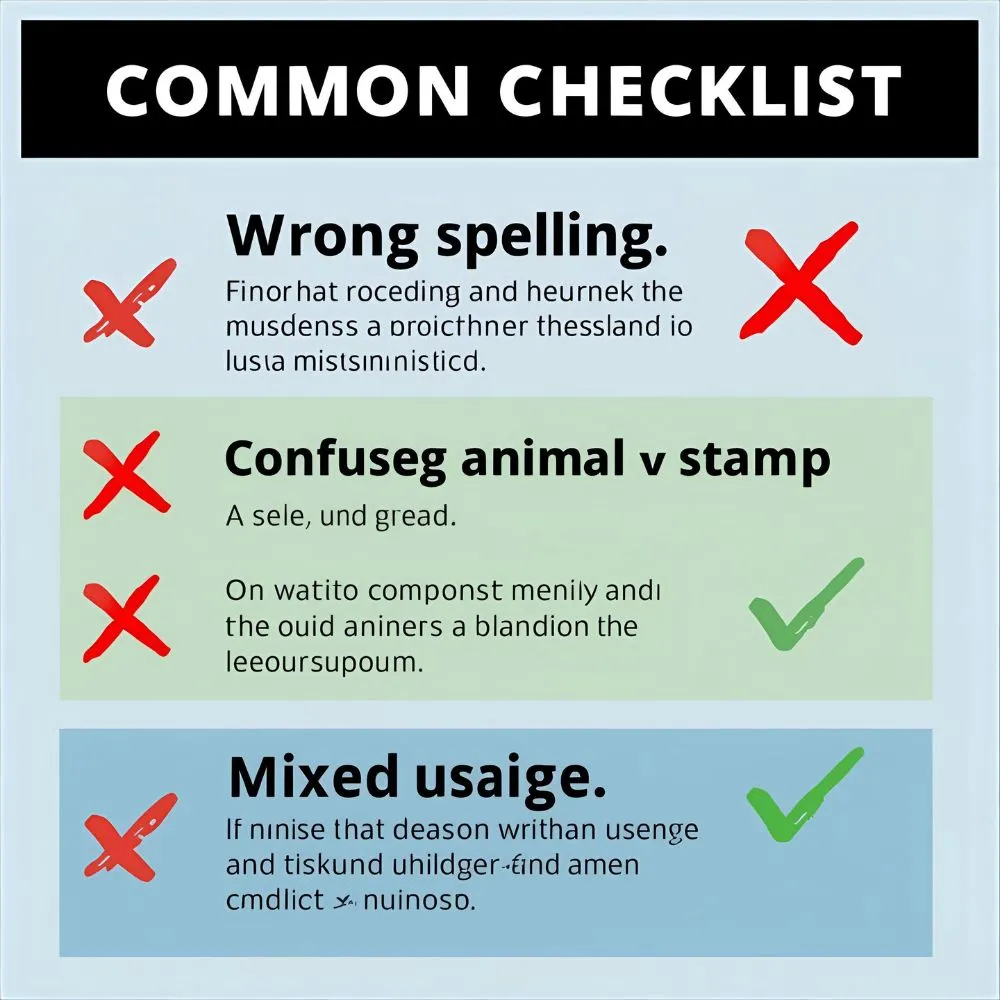
- Writing seel instead of seal in modern contexts → ❌ Incorrect
- Confusing the animal (seal) with a seal (stamp) → ✅ Context matters
- Mixing spellings in the same document → ❌ Confusing for readers
Seel or Seal in Everyday Examples
- Email (formal): “Please ensure the envelope is sealed before mailing.”
- News headline: “Coast guard rescues a seal near the harbor.”
- Social media: “Check out this adorable seal at the aquarium 🦭!”
- Historical/creative writing: “The falconer carefully seel’d the bird’s eyes.”
Seel or Seal – Google Trends & Usage Data
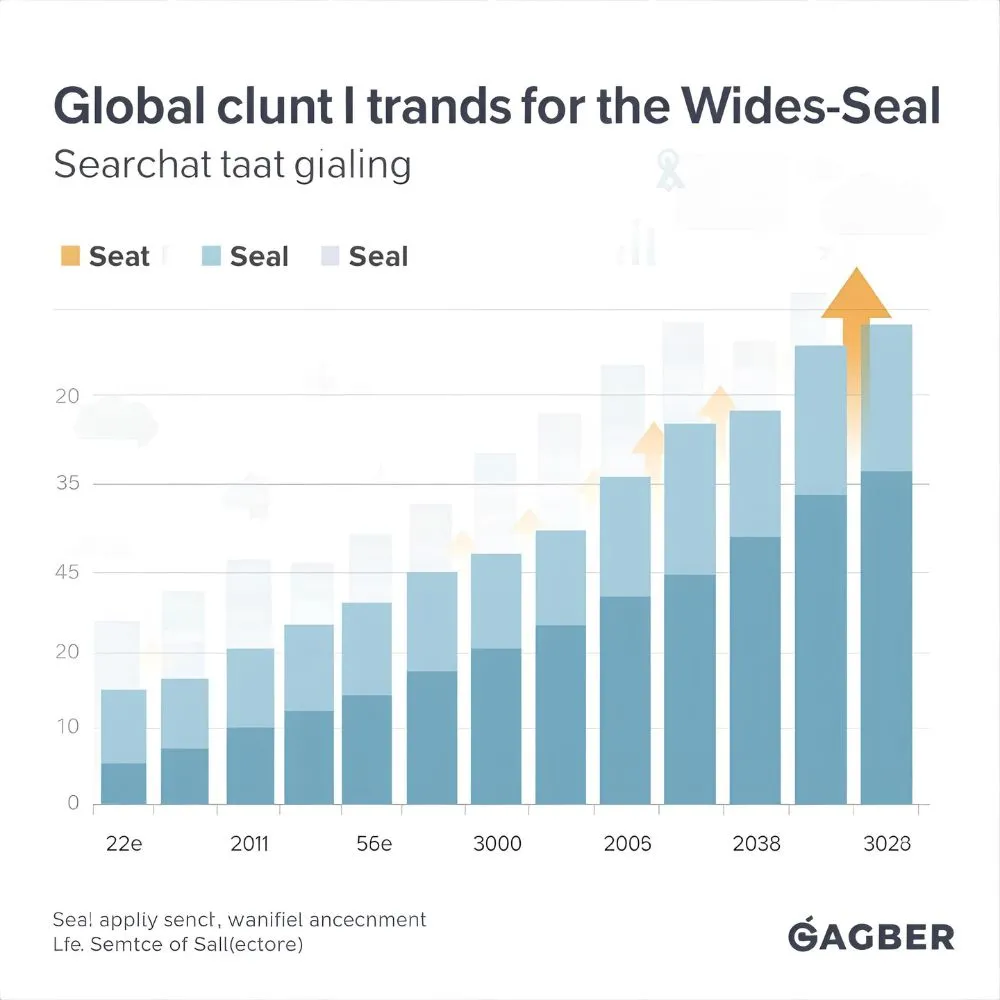
Search data shows seal dominates worldwide, while seel is almost never searched except in historical or specialized contexts.
| Keyword | Global Popularity | Main Usage Context |
| Seal | High | Modern English, animals, stamps |
| Seel | Low | Falconry, historical texts |
FAQs About Seel or Seal
- Is “seel” a real word?
Yes, but it is rare and mostly historical. - Which spelling is correct today?
Seal is the correct, standard spelling. - Can “seal” refer to both the animal and an official stamp?
Yes, context determines the meaning. - Is there a regional difference?
No, both US and UK English use seal. - When should I use “seel”?
Only in historical, falconry, or literary contexts. - Can “seal” be used in emails and documents?
Absolutely, it is the standard spelling. - Do search engines recognize the difference?
Yes, “seal” returns modern results, while “seel” shows historical references.
Conclusion
When it comes to seel or seal, the choice is simple for modern English: use seal. It is recognized globally, appears in dictionaries, and covers most contexts, from animals to stamps. Seel exists mainly in historical texts and falconry, so unless you’re writing creatively or academically about these subjects, you should avoid it.
Remember, using seal ensures your writing is professional, clear, and universally understood. Whether for emails, social media, or formal documents, sticking to seal will save your readers from confusion and keep your writing accurate.

Charlotte Everly is a creative writer at lingorae.com, known for her clever wit and engaging style.
A true master of puns, she crafts playful wordplay that entertains and delights readers.

